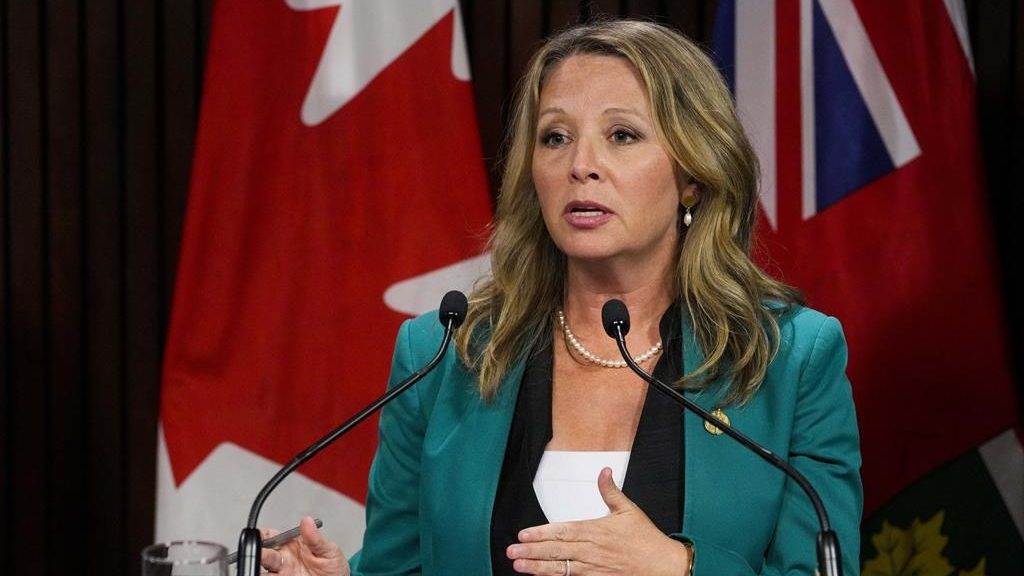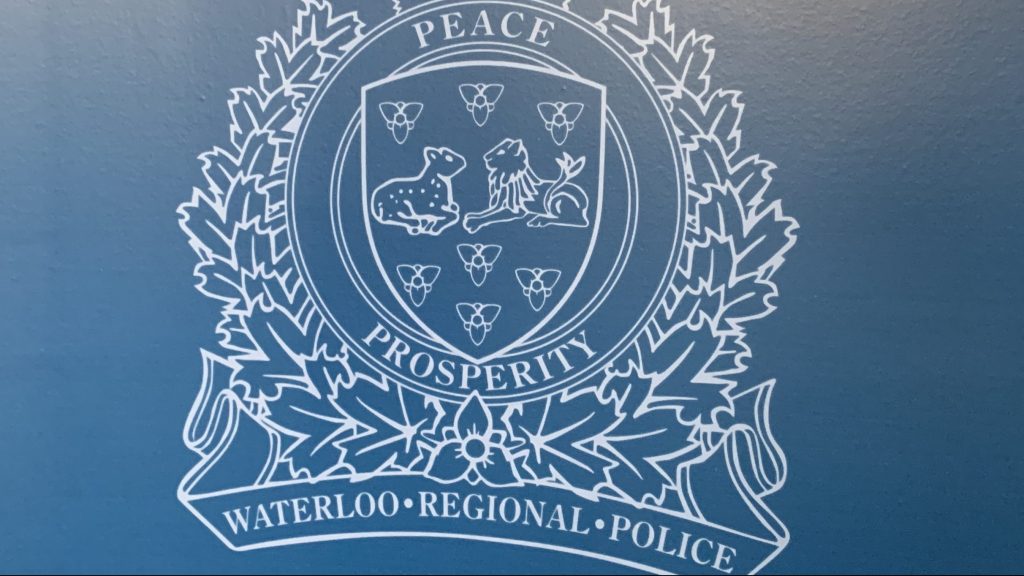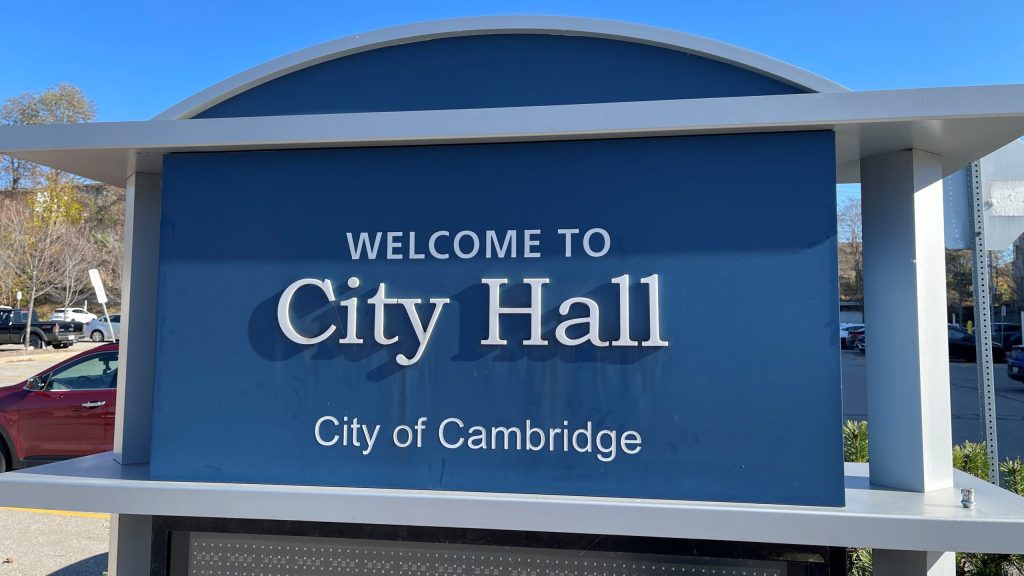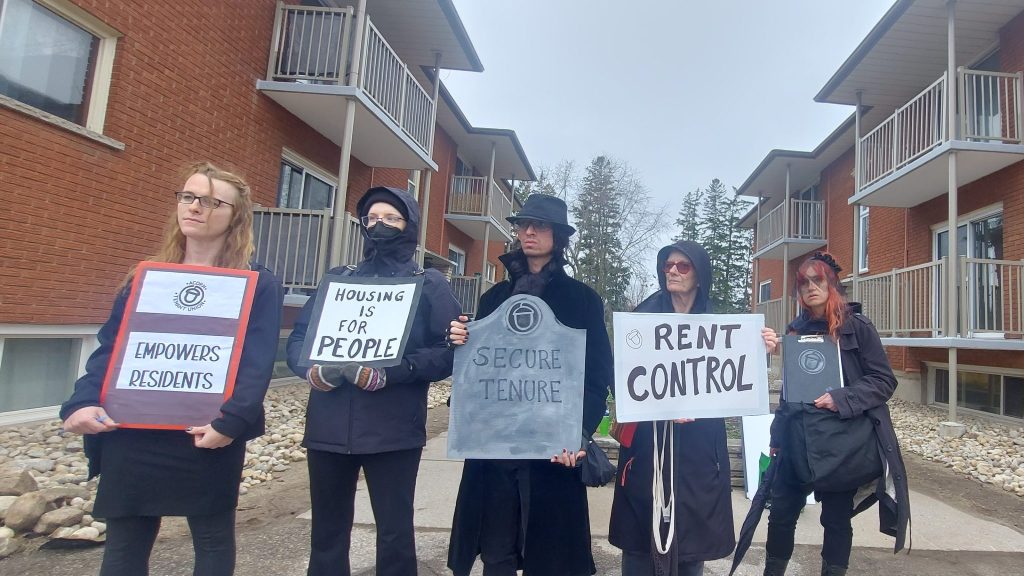Port authority OKs controversial coal-shipping facility in Metro Vancouver
Posted Aug 21, 2014 02:27:30 PM.
This article is more than 5 years old.
VANCOUVER – Port Metro Vancouver approved Thursday construction of a controversial coal-shipping facility on the Fraser River, over concerns from local medical health officers and area residents about air quality and the environment.
Fraser Surrey Docks was granted a permit to build the facility to handle four-million metric tonnes of coal from the U.S. Midwest each year.
Peter Xotta, vice-president of planning and operations at the port authority, said the decision was not made lightly.
“We have required extensive analysis,” said Xotta.
The permit decision brings to an end a process that has dragged on for almost two years.
Concerns focus mainly on the effects of coal dust on air quality and the impact on the region. Global climate change also came into play in the drawn-out debate.
Fraser Surrey Docks hired SNC Lavalin to review the proposal, and the resulting report concluded there would be no significant adverse effects to the environment or people’s health.
But in a letter last November to the company, the chief medical health officers for the Fraser and Vancouver Coastal Health authorities dismissed the report’s findings.
Dr. Paul Van Buynder and Dr. Patricia Daly said it “does not meet even the basic requirements of a health impact assessment.”
Xotta said subsequent reviews were done, and a third-party assessment of all those reports has now been carried out by an environmental consultant.
Van Buynder said Thursday that he only just received the latest assessment and will have to review the document.
He said he was pleased Port Metro Vancouver understood additional information was needed to make an accurate health assessment.
But he said he was “disappointed” that the port did not take public health officials up on an offer to be involved.
“We were pleased early this year when they identified the fact that the information they received was inadequate to guarantee the protection of human health, but extremely disappointed that since that time they have engaged in a non-transparent process, excluding health experts,” Van Buynder said.
Health officers cannot challenge the permit, but Van Buynder said that if activity from Fraser Surrey Docks is found to harm humans, medical officers can order operations shut down.
The project will be built in Surrey, but the city is withholding its support until it reviews the latest report.
Acting mayor Linda Hepner echoed complaints that the port did not seek input from health authorities for the latest review.
“I cannot understand why Port Metro Vancouver, having heard from Fraser Health that this was a concern, why they wouldn’t have engaged at least Fraser Health,” she said.
The project will also be watched closely by Metro Vancouver, which regulates air quality in the region. Fraser Surrey Docks will need an air permit from the district.
Allan Neilson, the general manager of planning, policy and environment, said the district may ticket, fine or take the company to court if it is not complying with regulations.
“We can’t shut down their operations, but we would look to enforce unauthorized discharges of items into the atmosphere,” he said.
Members of Metro Vancouver’s board of directors have been critical of the coal terminal, he said, but the ultimate permit decision rests with the director of air quality, who is separate from the council.
That means that politics probably won’t affect the chances of the company getting authorization, he said.
The B.C. Chamber of Commerce welcomed the facility’s approval, saying the $15-million project will create 25 direct jobs and 25 indirect jobs.
Every day, a coal train hauling 125 cars will arrive at the docks from the American Midwest to be transferred onto two barges bound for carriers waiting at Texada Island.
From there it will be shipped to Asia.










